Darryl Hurs Takes Indie Week Virtual
Under normal circumstances, Darryl Hurs would be gearing up for Indie Week, live in Toronto, booking flights, hotels and backlines for his speakers and perf

By Karen Bliss
Under normal circumstances, Darryl Hurs would be gearing up for Indie Week, live in Toronto, booking flights, hotels and backlines for his speakers and performers, but because of covid-19, the founder of the conference and music festival, now in its 18th year, is taking the conference portion online, Nov. 10-14.
After cancelling the event when the pandemic hit, in June he sent out an email which read, “We are reworking and brainstorming for what Indie Week 2020 will look like and we are excited to be able to bring something new, something untried, something that may be a bit of a chance... isn't that what being indie is all about?” It was accompanied by a survey.
Hurs, who was also hired by digital music distributor CD Baby in February 2019, as director of market development, the company’s first Canadian employee, spoke with FYI Music News about the findings of the survey, what’s in store for the new online conference, how he integrates his position at CD Baby, and what Indie Week offers to artists that’s different.
When did you decide that Indie Week, as we know it, wasn't going to happen this year?
Right when everything started locking down in March, we announced we weren't going to do it at all. I saw that this is going to be a long process. A lot of events that were in spring were moving to the fall and it would've been a mess. We've seen tours get rescheduled three times to be cancelled for the fourth time. We just didn't want to be a part of that. We actually went the opposite — we cancelled and then we came back, just because we can do it online. We also wanted to send a positive message to artists and those in the industry that there is something to look forward to and now's the time to collaborate and go with the process of planning to do business in the future together.
Had you actually booked panellists and speakers and bands to come in?
Last year, right after Indie Week is M from Montreal. And then sometimes I go to a conference in Brazil {SIM São Paulo]. So I leave our conference to go to other conferences usually right up to Christmas, then take a couple of weeks off. January and February is when we start planning: “What is our focal point this year? What's our topic? What's our message?” And we just were around that mark. And, as I said, when covid happened, I just cancelled it because I knew it was going to be a mess.
You sent out a pretty comprehensive survey. Questions included “How soon would you be comfortable attending a live show once the Covid-19 emergency orders are lifted?” and “How likely are you to attend multiple panels/discussions (multiple days) online?” What were the findings?
It was quite interesting. Around 60% said that even when things were said to be safe, they wouldn't go back to live events as an attendee for six months. That was also something quite drastic to us that trying to host a live event half our audience will not attend until everything is safe and six months. And then the other part was around 56-60% said that they would be willing to pay a price for an online conference and event. So that also gave us strength in knowing that our audience would buy tickets and attend online. We posted tickets on sale — and our schedule is just going up — and people have been buying tickets, jonly knowing we’re doing it Nov. 10th to the 14th but not the schedule People said that they're willing to be online for three to five hours, but five is the max so we actually have less space than we have ever had to book panelists.
Did the survey only go out to Canadians?
Yes.
It was enough of a sample that you took that as a guide?
Yeah, absolutely. The other thing too is I'm part of a couple of other groups. Since this [pandemic] started, a lot of festivals and organizers have come together to share knowledge on how to get through this because we're all in the same situation, we're all struggling and trying to figure it out. There was another survey that went out that had very similar results.
How much roughly are people willing to pay to attend a conference online?
It looks like between $30 to $60.
Have your sponsors stuck by you or did any pullout?
A good number of them have stuck with us. For some of them, it was more timing because we decided to come back a little later in the game than we normally do, and a couple of them had already had their budgets sorted, but they've been very supportive and in some cases, they've increased their level of sponsorship for us.
How are you using your role with CD Baby to reach the Indie Week subscribers or followers? You did sneak a question into your survey about your preferred online music distributor. Are you using both to your advantage for each position?
Yeah, absolutely. How I got to know CD Baby was through Indie Week. I did a trade mission to South America and I met all the CD Baby reps there. We were doing an Indie week in Manchester and CD Baby sponsored Indie week there. Then, I had my boss, Heli Del Moral [VP of international development], talk at Indie Week And he came back to me and said that they have a big interest in Canada. So that started the discussion. They hired me because I know a good amount of people in our industry, a lot of connections and also visibility. So it goes hand in hand, and then when I'm invited to conferences, I'm invited to be a speaker on both levels, distribution and festivals.
As director of market development, what has been your biggest accomplishment for CD Baby in Canada in the past 18 months?
It’s been a process. They've never had a rep in Canada before, so when you're dealing with a big company, there are some building blocks put in place, but a big part is to be able to promote Canadian music. So we've started a Canadian Spotify playlist newsletter that goes out to our Canadian artists and often we'll have things like special offers or spotlights on Canadian artists as well. And then I'm able to pitch Canadian artists when it makes sense to our American friends.
So the first part is our marketing. And then a really big factor is education, which ties into the Indie Week part because a lot of artists are DIY, more so than ever since this covid stuff has started, and really learning how to use tools to get a successful release. We’re a distributor, but if you just put stuff out and you don't have the marketing around it or the tools, or you're not using the tools, it's not doing you as much of a service. So a big mandate of mine is educating Canadian artists to do the best they can.
You have been moderating panels weekly online, 13 so far, called Indie Weekly. Was that to maintain a connection with the Indie Week audience leading up to the conference?
Yeah, definitely, especially since we had announced we're not doing a [live conference]. We decided it's important for us to do something quickly to get the messaging out there. And also, I really look at this as a time to build community. Everyone's online and we have access to speakers in other territories more than ever before. In fact, we're [just did] one on the U.K. and we've got two speakers from the U.K. and a speaker from the States and we don't have to pay hotels or flights.
It's a very interesting time because I do see this as a huge opportunity. It's called Indie Weekly, free every Tuesday, just go to indieweek.com. There's a register link. It's been amazing. We get about 80 to 100 people every week tuning in, and there's a very loyal audience now that tune in every week. It's global. We've had people from Tel-Aviv, Belize, Cuba. Places we would never have reached before. It’s quite exciting.
Are they archived as well?
It’s archived and we're going to be re-streaming them in the future. There are so many new platforms out there. We're just in the process of selecting which platform we want to host our archived footage. That'll probably come out in December.
With the upcoming conference, the email said that you're trying to do “something new, something untried, something that may be a bit of a chance.” How is it going to be unique?
There are a few things that we're trying to put into place. The big focus for this year is going to be international. We actually have different markets that we're focusing on. Usually, it’s one. This year we've got Central Europe, Eastern Europe, the U.K., Ireland, Asia Pacific, Latin America and Mexico. So we have reps from all those territories participating and we're working on B2B speed meetings and artists' pitches to connect people, and we're even talks of online demo listening, critiquing. So the thing is it's going to be much more interactive than ever before and allowing the attending people with delegate passes to connect with industry from around the world. Right now, this is a time to connect. I just listened to a podcast and they said they have to start booking now for 2022 because everybody's looking and there won't be any space left. So this is the thing I'm telling indie artists. It’s the same thing. Now's the time to try to get in as an international showcase or online in the spring because there's not going to be any travel yet. So now is the time to connect.
You're in your 18th year. Why is Indie Week needed? Toronto has CMW and NXNE. What is it that you provide that complements or adds to what the other well-established conferences provide as well?
The main comments that we get back is that people make better connections or have more opportunities to connect. I've been to a ton of different conferences and when they're massive, it's really hard to make that connection where it's actually going to turn into a business.
Is it less intimidating?
It's the scenario that you put it in and also the way you program where you can meet at the launch party, you can meet at the mixer the next day. We make it where there's lots of opportunities to have those connections, as opposed to the one-time chance throughout a conference.
The other thing is the speakers end up often getting business out of it. On Indie Weekly, we had Chris Birkett, producer of Buffy Sainte-Marie. He messaged me after our hour session and he said, “We did it again. I've got three artists that connected with me and I've got now three new projects.” He's actually working with three indigenous artists right now on a new project because of our session. And prior to that, at Indie Week last year, he connected with an artist [GEA] from Finland who flew him over. It was a pretty big project. She was coming to Toronto to finish up the recordings in the spring, but obviously with covid can't travel, so they had to do it remotely.
Are you going to have bands performing or Is it strictly panels and keynotes for this conference?
If there are performances, it's not going to be what we did before. We're trying to work out what the royalties and payouts would be. There's a lot of gray areas there. There are about three or four different royalties to be concerned about — when someone performs on a stream or even on a Zoom, that's a performance royalty, but if you're recording it, then that's a different royalty. And then if you post it somewhere, that's another royalty. We want to make sure we do things properly. What we'll do is artists pitches, where they will be a meeting with somebody and then pitching, say, a video or a song and using their music to make the connection that way.
You were probably the first conference in Canada to address mental health issues as a panel topic. What made you go into that territory five years ago?
Yeah, it's already five years ago. We’ve always been ahead of the game a lot. That’s another thing with our size. We can move and change faster, adapt. We started with mental health five years ago. It’s is a really important thing. I've suffered and a lot of people in my circle have suffered. We're in an industry that, one, you’re critiqued all the time, and, two, you're put in the position where there's usually a lot of free alcohol at these parties or get-togethers. So all of these devices are there for the wrong things to happen. So it's important to put in place all the steps to make sure that people are safe and healthy. It’s an ongoing story. We're having more of those sessions this year. Sadly, last year, one of the indigenous artists [Kelly Fraser] that performed for us actually committed suicide [in December]. So that strengthened the message that we need to bring this to the light. I's really sad. That was an artist that was a bright shining star that was just about to really come into the spotlight.
And are there any other issues that you're going to be addressing? People of colour, equity, hiring policies, anything like that?
We're in talks with groups now and what they are exactly going to be, I don't know yet. The main thing is that we're actually talking to groups and listening and getting their advice. Last year, we did a number of Indigenous sessions, whether it be talks, songwriting, performances. We're looking to expand on that. Then the Black Lives Matter is very important. We've always felt we've been pretty diverse on our artists, but hearing it from the industry side now it's really important to be a part of the change and be a part of the messaging.
Will you be continuing Indie Weekly panels after Indie Week?
Yeah, absolutely. We've been having a great time with it. And essentially what we've done is we've partnered with other conferences. So we've already done a session with BreakOut West, Global Toronto, SIM São Paulo is coming up, Trends Brazil Conference. There's always a conference every week somewhere, and we're just partnering. And so we're expanding our audience by doing so.

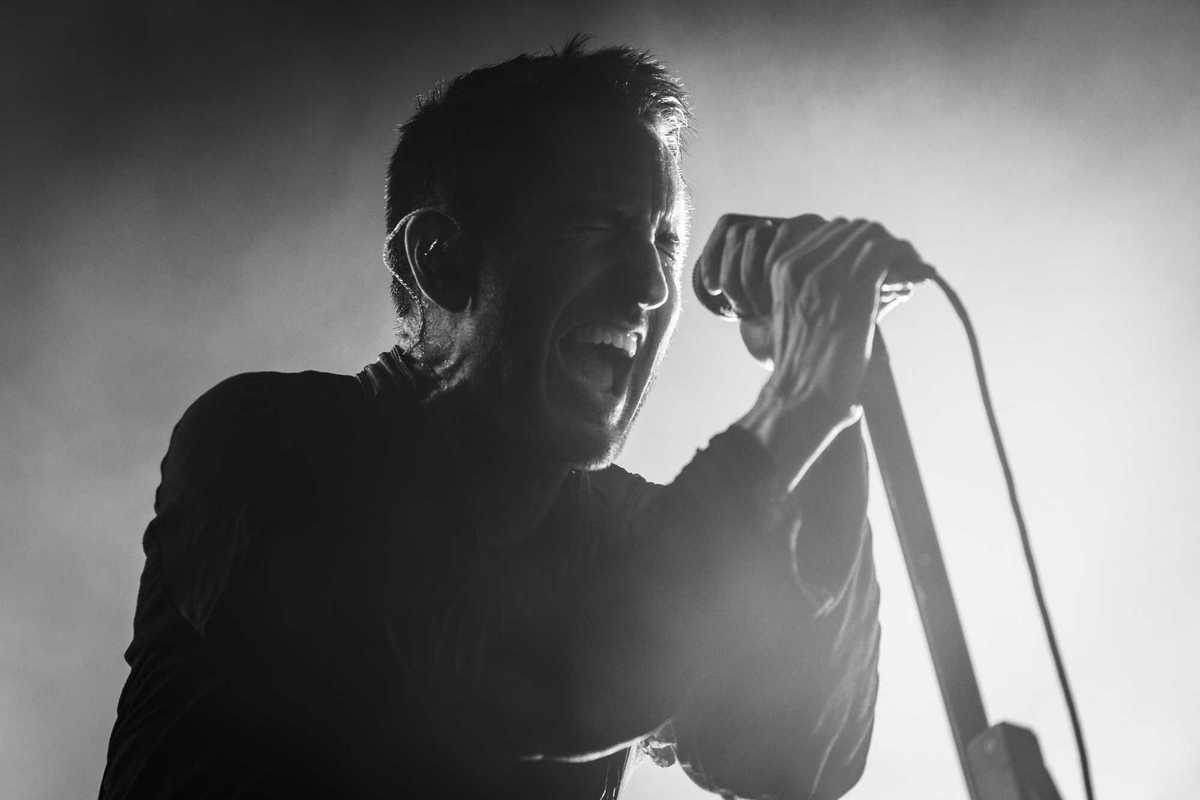







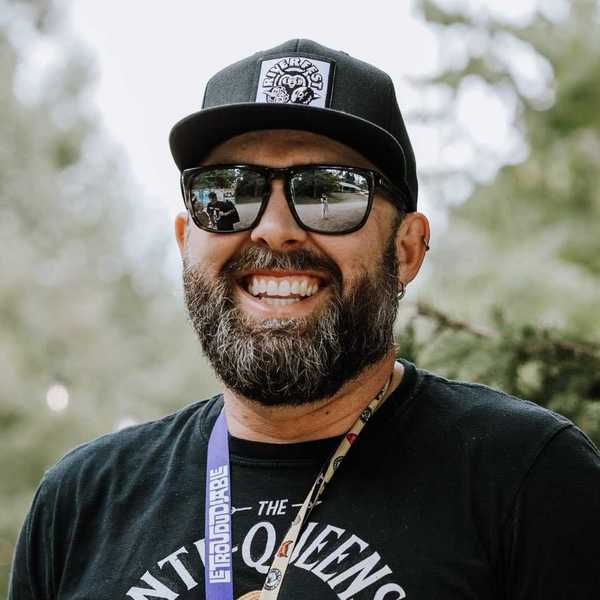
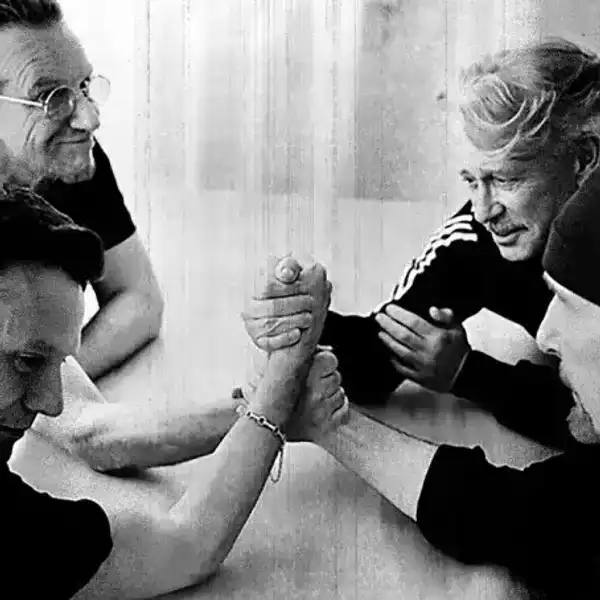
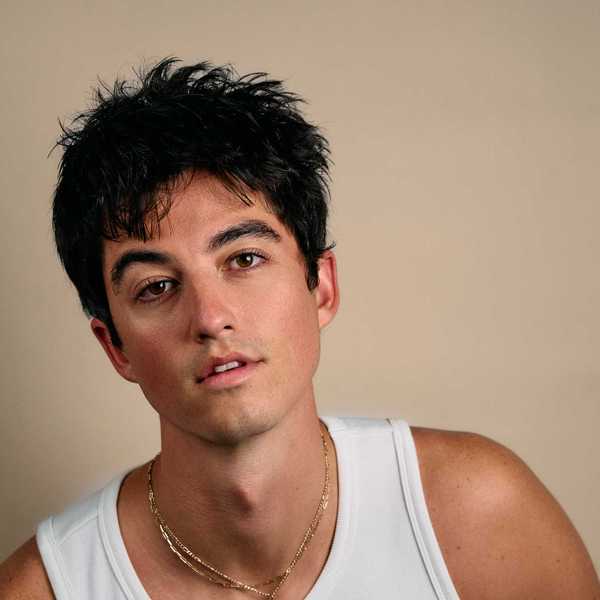
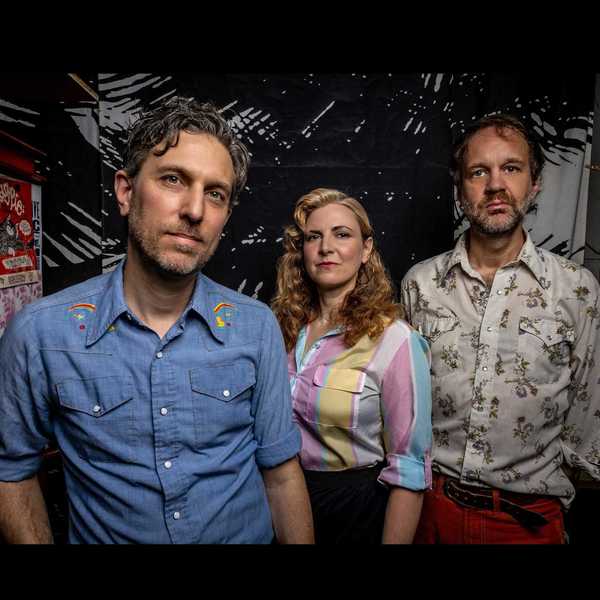

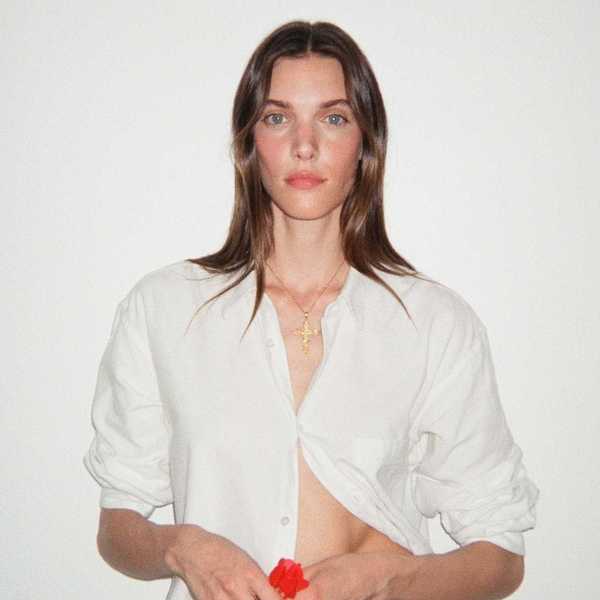
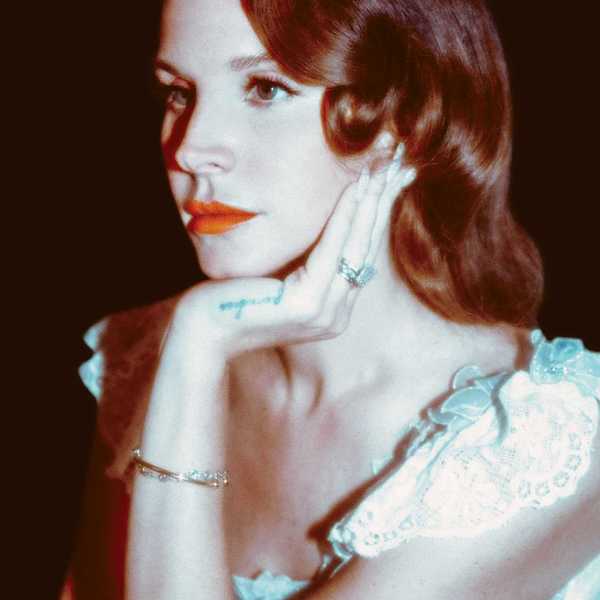
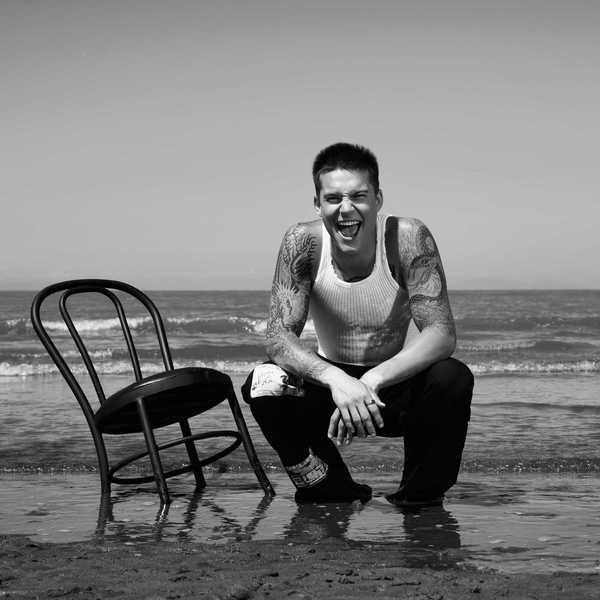
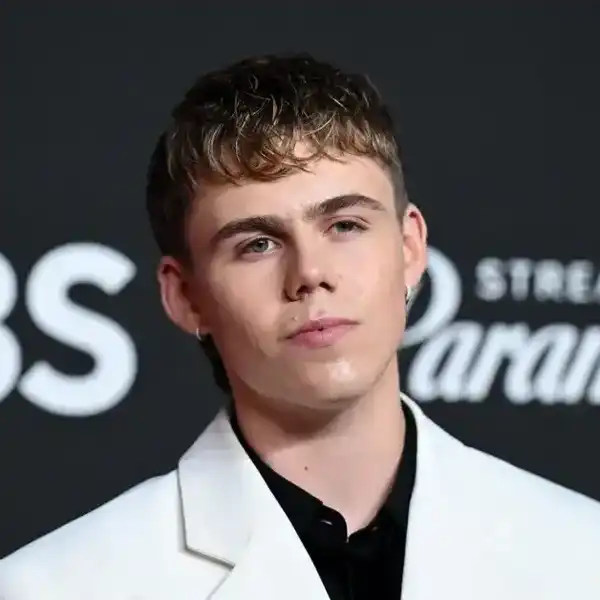
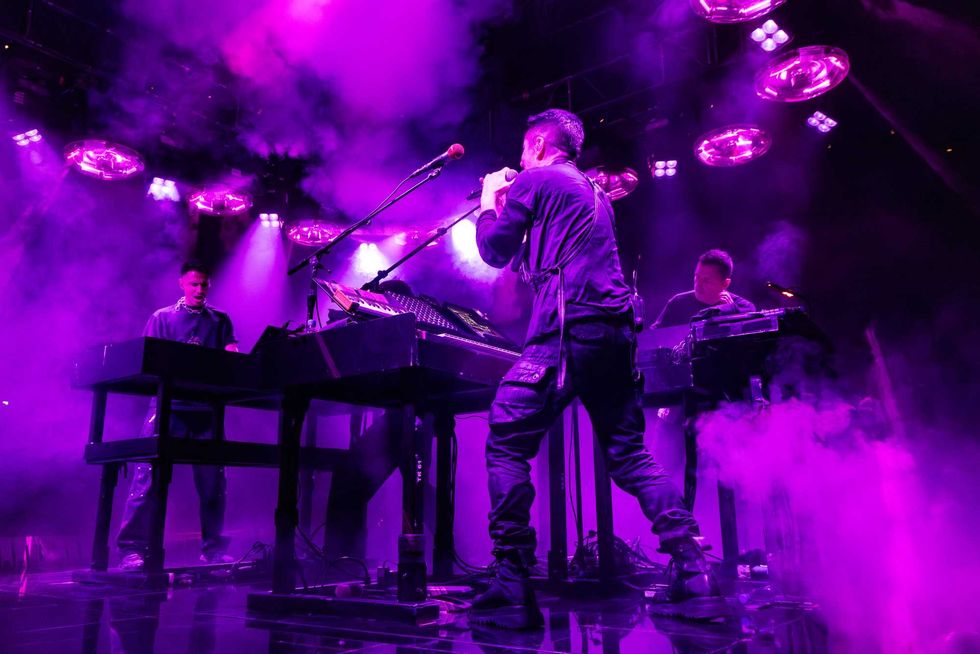 Trent Reznor performing live with Nine Inch Nails in 2025.Courtesy Photo
Trent Reznor performing live with Nine Inch Nails in 2025.Courtesy Photo